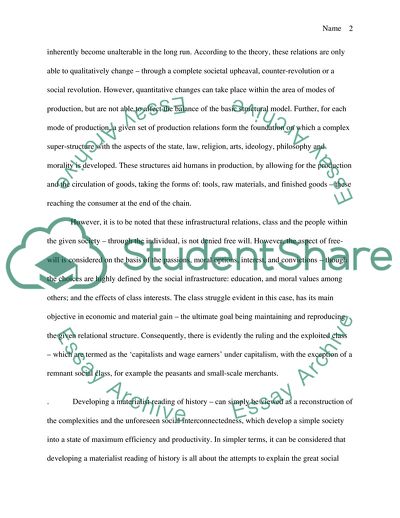Cite this document
(The Origins of Modern Capitalism According to Marx and Weber Essay Example | Topics and Well Written Essays - 2250 words, n.d.)
The Origins of Modern Capitalism According to Marx and Weber Essay Example | Topics and Well Written Essays - 2250 words. https://studentshare.org/sociology/1768681-on-the-origins-of-modern-capitalism
The Origins of Modern Capitalism According to Marx and Weber Essay Example | Topics and Well Written Essays - 2250 words. https://studentshare.org/sociology/1768681-on-the-origins-of-modern-capitalism
(The Origins of Modern Capitalism According to Marx and Weber Essay Example | Topics and Well Written Essays - 2250 Words)
The Origins of Modern Capitalism According to Marx and Weber Essay Example | Topics and Well Written Essays - 2250 Words. https://studentshare.org/sociology/1768681-on-the-origins-of-modern-capitalism.
The Origins of Modern Capitalism According to Marx and Weber Essay Example | Topics and Well Written Essays - 2250 Words. https://studentshare.org/sociology/1768681-on-the-origins-of-modern-capitalism.
“The Origins of Modern Capitalism According to Marx and Weber Essay Example | Topics and Well Written Essays - 2250 Words”. https://studentshare.org/sociology/1768681-on-the-origins-of-modern-capitalism.


